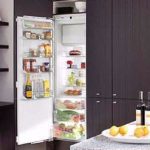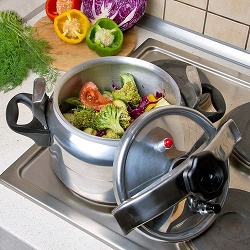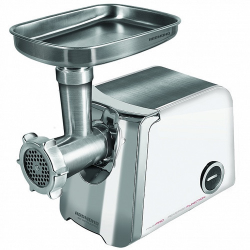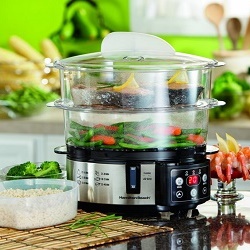What temperature should be at the refrigerator compressor
To understand the causes of compressor heating, you need to try to understand the principle of operation of refrigeration units. And its principle is to pump heat from one place to another. That is, from the freezer to the outside. You also need to know to what temperature the compressor can warm up, and what is the reason for its overheating.
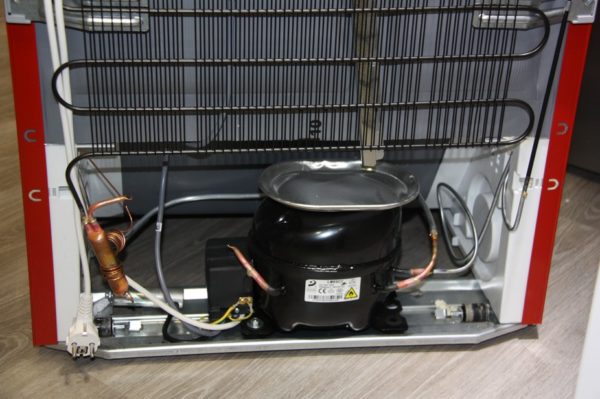
Content
How the compressor works
In the classical model of the refrigerator, the compressor unit, absorbing the freon from the evaporation chamber, filters it and sends it to the condenser. The gas is very hot. Cooling down in the condenser, the freon goes into a liquid state, cools the refrigeration unit and then, going back to gaseous state, returns through the evaporation chamber to the condenser.This is repeated until the temperature set by the thermostat is reached.
In other words, the refrigerator compressor has to work almost under extreme conditions. For example, to achieve a temperature of +5 C in the refrigerator, and approximately - 18-20 C in the freezer, the compressor needs to do a certain amount of work, compressing the refrigerant with a lot of pressure. At the same time, the compressed freon reaches a high temperature, which it gives partially to the compressor, and partially leaves it in a special heat exchanger. By the way, the latter accumulates heat emitted by electric current as it passes through the windings of the compressor device.
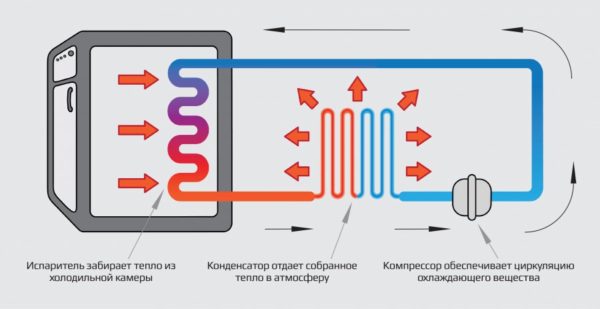
Remember that the acceptable temperature of the compressor in working condition can be from +50 to +60 C, but not higher than +90 C. With strong wear of the refrigeration unit, these figures can be slightly higher.
Heating the compressor to the temperature at which the protective relay starts to operate, in just a few minutes, can indicate damage to the motor winding. In this case, you need to produce full replacement the compressor.
Typical causes of overheating
There are several of them:
- A faulty temperature sensor that does not turn off the compressor after reaching the specified temperature.
- At increased loads on the unit, especially in the summer heat, when its timely cooling is problematic.
- Faulty heat exchanger.
- Leakage of the cooling element (freon).
- Failure of the backlight indicator.
- Worn motor.
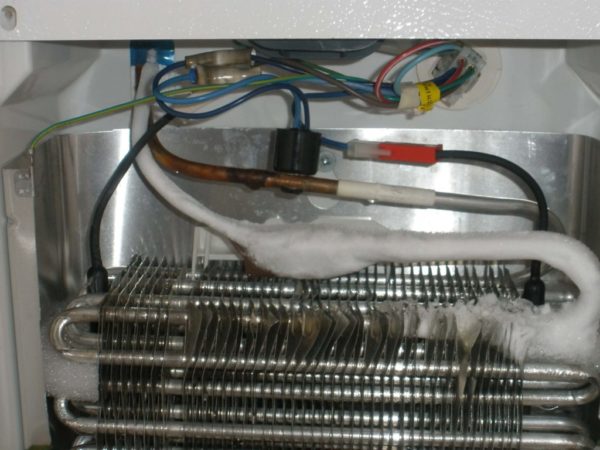
Also, the reasons for compressor overheating include failure to comply with the standards for the operation of the refrigeration unit, specified in the installation instructions:
- Doors without the need for a long time not to open.
- Do not place the refrigerator close to the walls so that the circulation of cooling air does not deteriorate.
- Do not place the cooling unit close to the radiators.
- The refrigerator should not be exposed to direct sunlight.
- Do not put in hot foods.
- Refrigerators overloaded with products.
- The freezer was not defrosted for a long time (in the absence of the automatic defrosting system NoFrost).
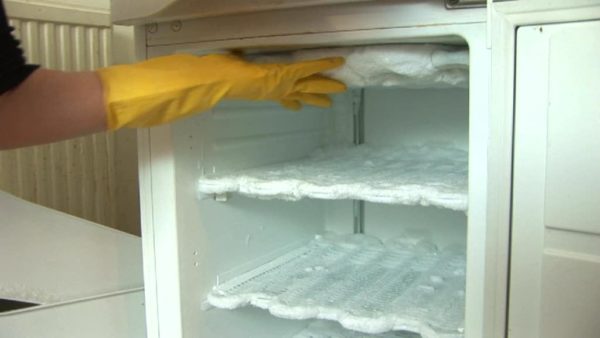
Signs of a faulty refrigeration unit
The main types of faults, for the repair of which will have to invite a master professional, as a rule, are:
- The casing of the refrigeration device is beating current.
- The supercharger is very hot and turns off instantly after switching on.
- A snow cap quickly forms on the back walls of the cold rooms.
- The motor-compressor does not turn on.
- There is no cooling (air in refrigerators chills, rather than cooling).
Conclusion
Of course, there are malfunctions in the operation of refrigeration devices that are easily removable (a light bulb burns out, lights, water accumulates in the lower part of the refrigerator, etc.), but there are also those that you should pay special attention to: call a wizard who understands qualified and fix all malfunctions. So immediately to sound the alarm when a hot compressor is not necessary. It is better to look and listen to his work, and if no other serious signs are found, it means your refrigerator is working normally.

/rating_on.png)
/rating_off.png)






